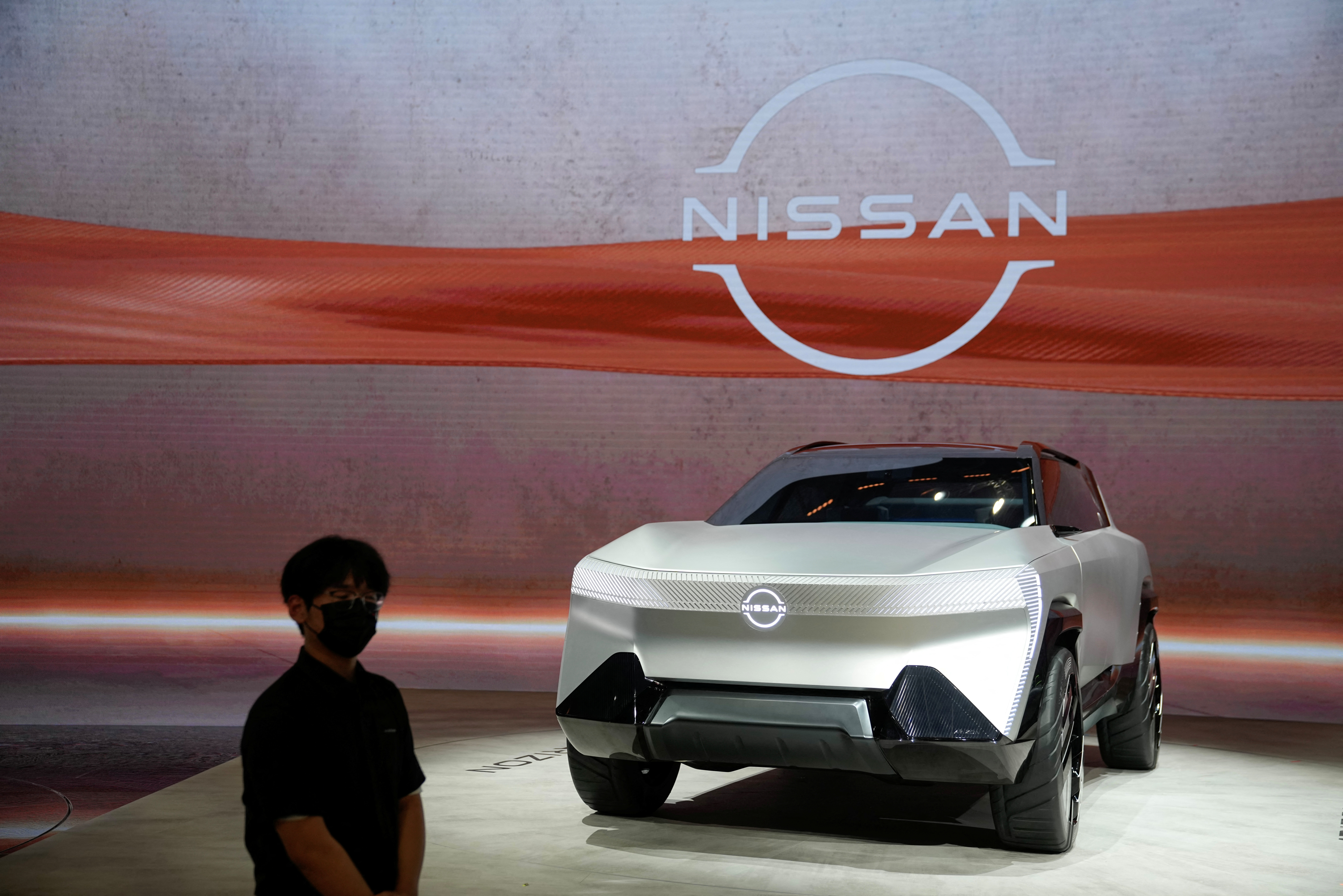Nissan Motor has revealed its plans to globally market electric vehicles (EVs) developed in China, following a strategic partnership with a leading Chinese university to expedite research and development in the field of electrification. The Japanese automaker is contemplating exporting a range of vehicles, including existing internal combustion engine models, as well as upcoming pure electric and plug-in hybrid cars produced and designed in China, to international markets. Masashi Matsuyama, Vice President of Nissan Motor and President of Nissan China, stated in Beijing that the company is considering targeting the same markets as Chinese competitors such as BYD.
Nissan’s decision aligns with a trend seen among various foreign automakers, including Tesla, BMW, and Ford, who are expanding their exports of vehicles manufactured in China. This move capitalizes on the lower manufacturing costs in China and optimizes the utilization of their production facilities. The shift in strategy reflects a broader industry trend as manufacturers increasingly tap into China’s advanced manufacturing capabilities and market potential.
China currently constitutes just over 20% of Nissan’s global sales, amounting to approximately 2.8 million vehicles in the first 10 months of the year. This represents a decrease from the previous year when China accounted for over a third of Nissan’s sales during the same period. Japanese automakers have encountered substantial sales challenges in China in 2023, attributed to the rising popularity of domestic brands and intense price competition amid the rapid adoption of electric vehicles.

To bolster its position in the Chinese market and accelerate advancements in electric mobility, Nissan announced the establishment of a joint research center with Tsinghua University, a leading educational institution in China. The center, scheduled to launch next year, will focus on the research and development of electric vehicles, encompassing areas such as charging infrastructure and battery recycling. Nissan aims to leverage this collaboration to gain a deeper understanding of the Chinese market and tailor strategies that align with the preferences and needs of Chinese customers.
The joint research center is an expansion of the collaborative efforts initiated by Nissan and Tsinghua University in 2016. The earlier collaboration focused on intelligent mobility and autonomous driving technology, paving the way for the upcoming joint venture to delve into the evolving landscape of electric vehicles.
Nissan’s President and Chief Executive, Makoto Uchida, expressed optimism about the partnership, stating, “We hope that this collaboration will help us gain a deeper understanding of the Chinese market and develop strategies that better meet the needs of customers in China.” This move reflects Nissan’s commitment to staying at the forefront of electric vehicle innovation and tailoring its offerings to align with the unique dynamics of the Chinese automotive market.
In conclusion, Nissan’s strategic decision to export China-developed electric vehicles globally, coupled with its collaborative research efforts with Tsinghua University, signals the company’s commitment to tapping into China’s market potential and leveraging its manufacturing capabilities. As the automotive industry undergoes a transformative shift towards electric mobility, such strategic collaborations and global market expansions are becoming increasingly crucial for automakers seeking to stay competitive in the evolving landscape of the electric vehicle market.



